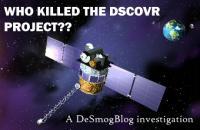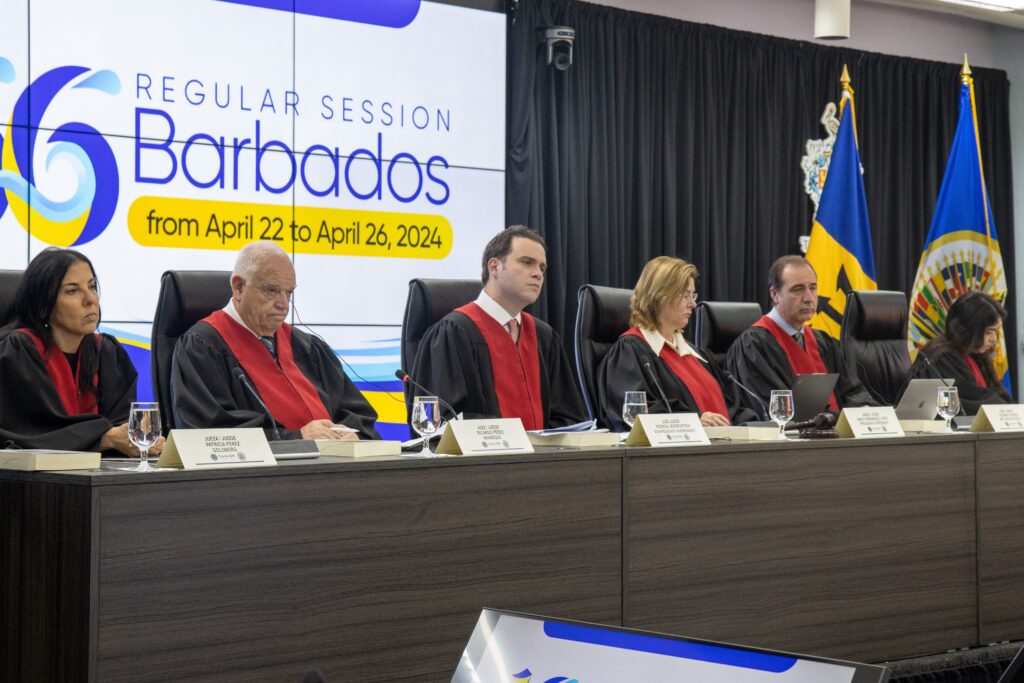The U.S. National Research Council reports that cutbacks in spending on climate observation – from space and on the ground – is threatening the work of the Climate Change Research Project, which is essential to better understanding the scope and effect of climate change.
In addition to grounding the DSCOVR satellite, the Bush Administration has also cancelled the Hydros mission to answer questions about the water cycle, and has delayed the Global Precipitation Measurement mission.
The only people who DON‘T want to improve human understanding about climate change are the people who want to deny that it’s happening – or those who argue that its impacts are negligible enough to continue to be ignored. The Bushies have been improving their spin, suggesting (finally) that it is taking this issue seriously. But deeds ought to speak louder than words and this record of hostility to new climate knowledge says, loudly, that the administration still really, really doesn’t want Americans to know.
Subscribe to our newsletter
Stay up to date with DeSmog news and alerts






